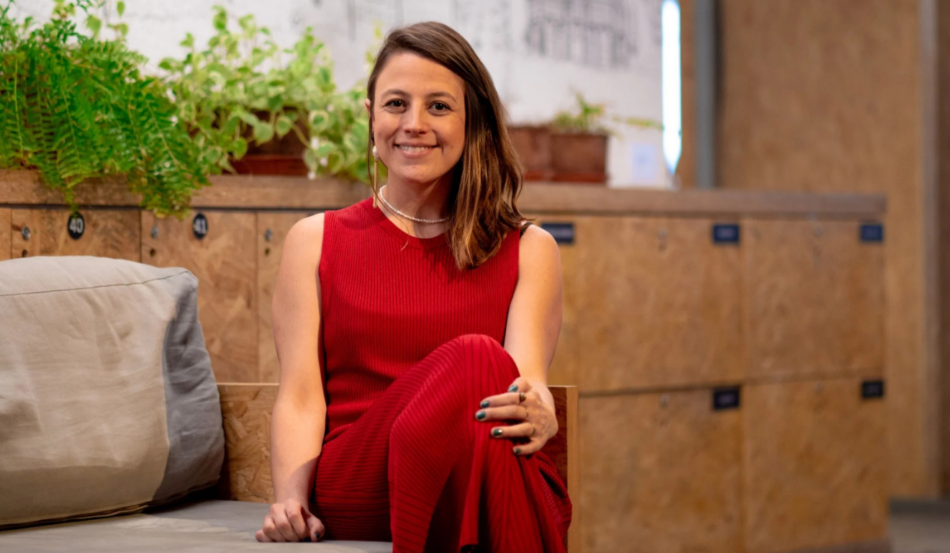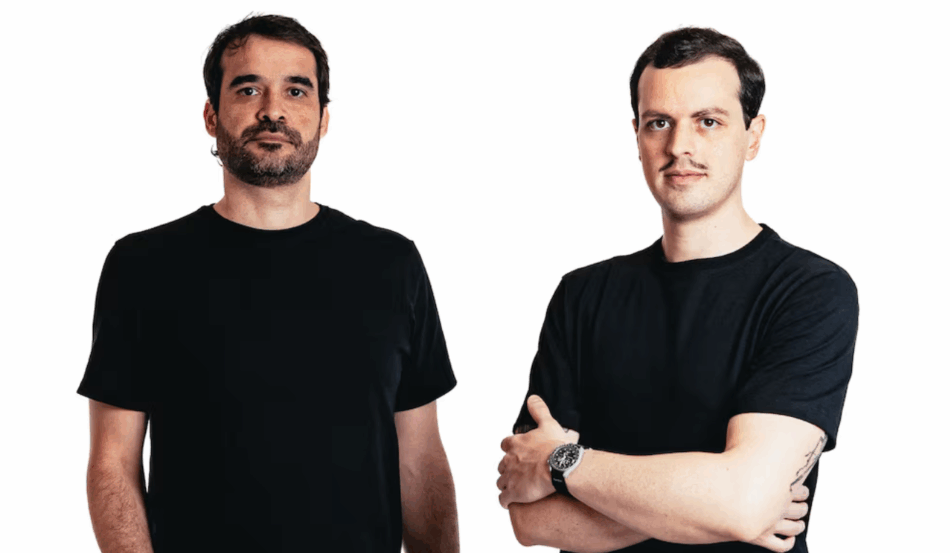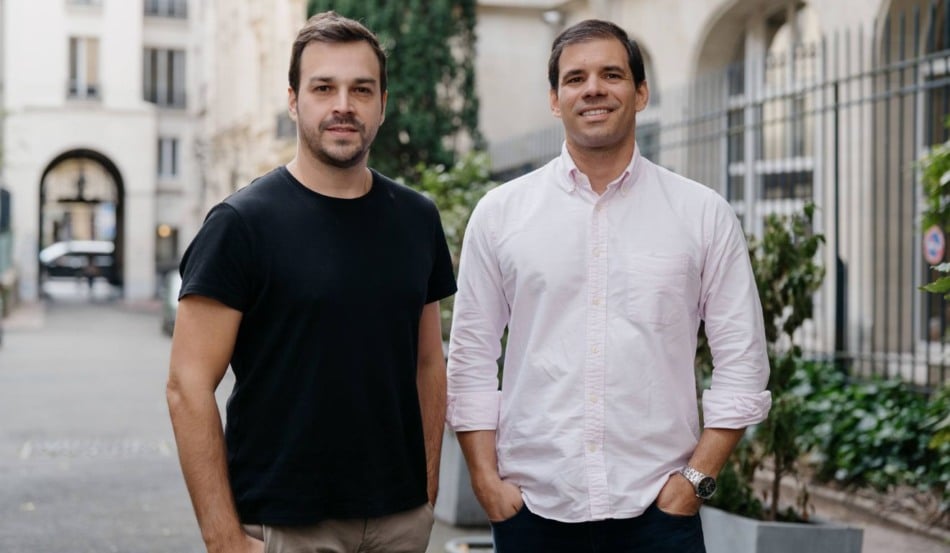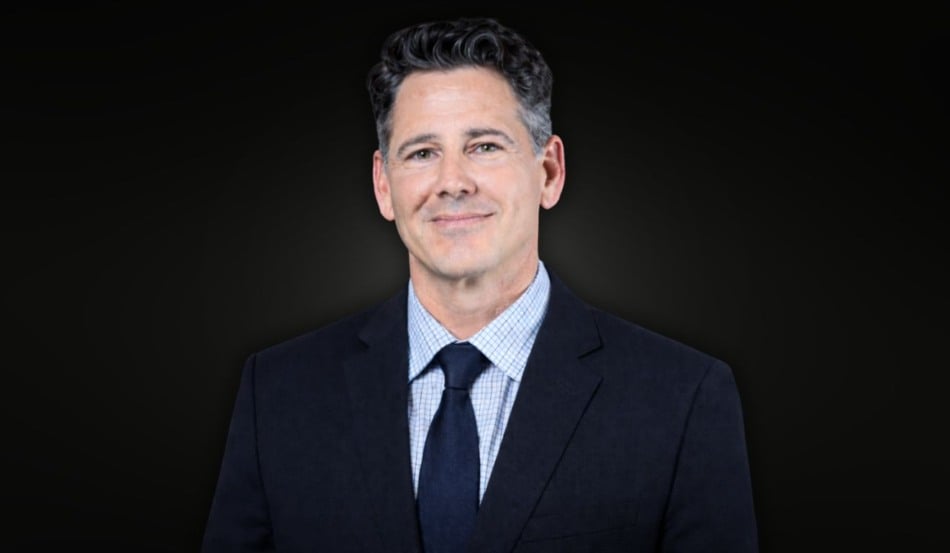
As banks accelerate their digital transformation processes to respond to changing customer demands, the global market for tools that help firms accomplish that task has never been busier. Active in that space and capitalized after a SoftBank-led round last October, Brazil-headquartered techfin Pismo wants to win over global clients by expanding operations worldwide.
Founded in 2016 by Daniela Binatti, Ricardo Josuá, Juliana Motta, and Marcelo Parise, Pismo develops a cloud-based platform-as-a-service (PaaS) solutions comprising core banking, payments, digital wallets, marketplace, and financial asset management functionality. The firm’s client portfolio includes incumbent and challenger firms, with names such as Brazilian banking giant Itaú and BTG+, the digital arm of investment bank BTG Pactual, and Falabella, Chile’s largest retailer.
Throughout the due diligence process for its recent funding round, the startup received some positive feedback: “More than once, investors told us our clients like us more than we realize – this was a confirmation that what we were aiming for was happening in fact. However, we are experienced enough to know this can change at the drop of a hat if we are not careful”, said the company’s cofounder and chief technology officer, Daniela Binatti, in an interview with Startups.
According to the entrepreneur, being customer-centric is key to the company’s unique selling proposition. “When we designed Pismo and the way we would operate, we were not only talking about technology – we’re also very much focused on relationships,” said Binatti. Alongside Josuá, Binatti was part of the team behind Conductor, a tech firm focused on payments bought by Riverwood Capital in 2014, and later invested by Visa in 2018.
“Companies active in our space are typically despised or, in the best-case scenario, tolerated – and we decided we would steer clear from that modus operandi,” the founder noted.
The decision to expand
With the drastic increase in online buying imposed by Covid-19, Pismo supported its clients by helping them shift their business models to digital environments. An example was Falabella’s marketplace, initially planned for physical retail and soon after the pandemic started, was transformed to become the bank’s e-commerce marketplace solution.
“As we created tools, mechanisms, endpoints and APIs to help clients adapt their journeys to operate in the cloud, a new demand arose globally among organizations. Some of them could adapt their solutions quickly, and others, who were functioning on legacy systems, struggled to do so and were missing out on their time-to-market”, Binatti said.
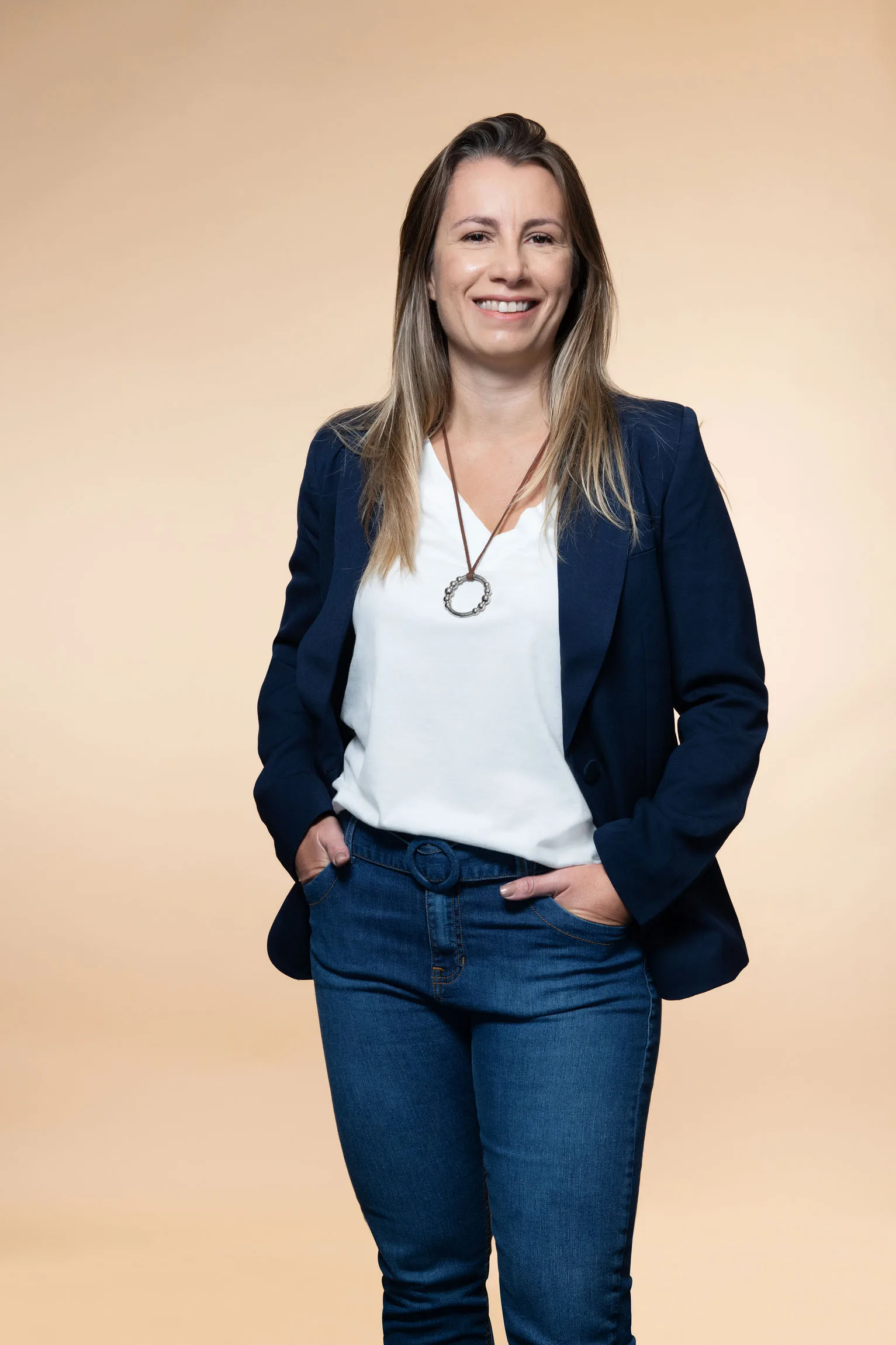
As opportunities to sell Pismo’s core banking solutions started to come up beyond the firm’s main markets in Latin America, the founders decided to ramp up the international expansion. The fact the company’s functionality is multi-country and multi-currency by design also meant the company could pitch to global clients more confidently, Binatti pointed out: “The truth is, working on a payment processing system in Argentina is no different than doing so in India, for example.”
“Our competitors are global companies; we thought there was no reason why we shouldn’t go global as well. So the plan [to expand internationally], the dream already existed, but the pandemic came to reinforce the thesis that the time to do it was right”, the cofounder noted.
The company picked the UK as the starting point to kick off its global expansion, with offices in Bristol and an operation in India, also managed by the UK team. According to Binatti, Pismo will launch a new office in Singapore, and other global bases are also on the horizon for the coming months. “The idea is to create a follow-the-sun operation to cover the business hours of any of our clients globally,” she said.
Goals for 2022
Before Covid-19, the techfin was already in touch with Vishal Dalal, formerly a consultant at McKinsey who also held senior technology roles at Citigroup and Barclays, to get a greater understanding of the priorities of digital transformation among global banks. Following the decision to expand, Dalal was appointed as CEO for the US, Europe and Asian markets.
With over 14 years of experience in implementing systems underpinning banking firms and management of legacy systems under his belt, Dalal has a good inkling of the challenges facing sector companies. He also has plenty of contacts in that space, which should be advantageous to Pismo in winning business from IT executives at banks, neobanks and fintechs.
“My main goal in 2022 will be to make Pismo more known internationally, have a presence in all the major markets that matter to us and see significant commercial momentum”, the executive told Startups.
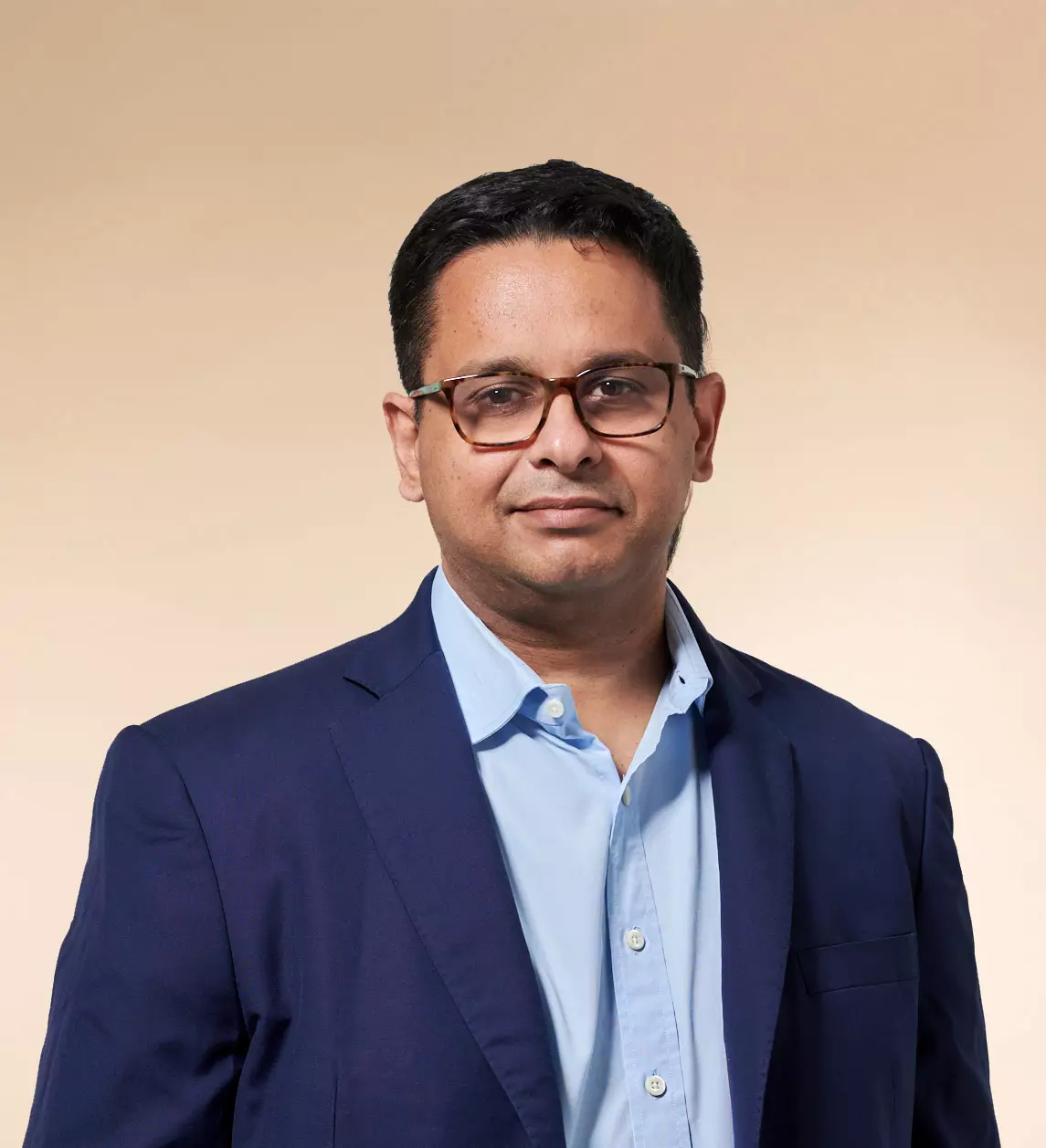
When it comes to what makes Pismo’s offering more attractive in relation to its competitors, Dalal noted the end-to-end solution is what makes the company stand out. “We cover the entire product base: a lot of banks will use separate systems for cards and banking and have to do a lot of stitching together to come up with a unified proposition, whereas we offer both on a single platform,” the executive argued.
“We also know how to deal with scale, which is key since of our customers are Fortune 500 businesses to whom implementing systems like these is complicated”, he added. According to Dalal, Pismo has a couple of implementations of its core banking systems underway in two large European organizations. In addition, a number of other businesses – including a fintech focused on immigrants and a startup from the food delivery segment – have signed letters of intent.
According to the leader of Pismo’s international businesses, his main challenge ahead will be to continue to generate deal flow and retain the techfin’s original culture and spirit of cooperation while continuing to hire more staff amid a global war for technology skills. “Success in this market depends upon being able to attract the best talent – without that, everything else falls short,” he said.
“But we have a very good employee proposition here: we want people to see Pismo as a place where they can build an international career, work from the office or remotely, move around the world doing interesting projects, expose themselves to different cultures, grow mentally, spiritually and professionally. So I am very encouraged about what we have been managing to do on that front so far”, he noted.
As for his impressions of working for a global company with a Brazilian DNA, Dalal described the experience so far as a “great discovery journey”. Having worked for years in traditional organizations, Dalal said he has been pleasantly surprised about the levels of openness and interest of sector players concerning the startup’s offering. “The quality of the technology speaks for itself,” the executive noted.
“It has been an intense few months, but also a fascinating time. I’ve worked in all sorts of large companies, traditional banks, consulting firms, but this is a completely different experience”, the executive noted. “And the sort of thrill that you get when you enter a new country for the first time and someone signs a contract is pretty much unmatchable.”


